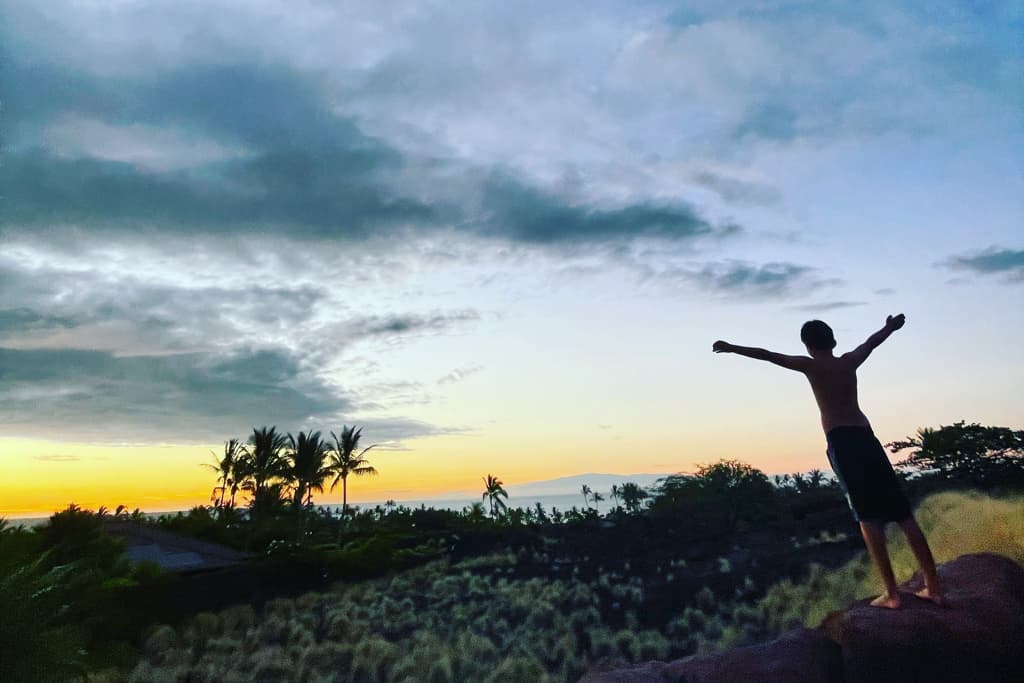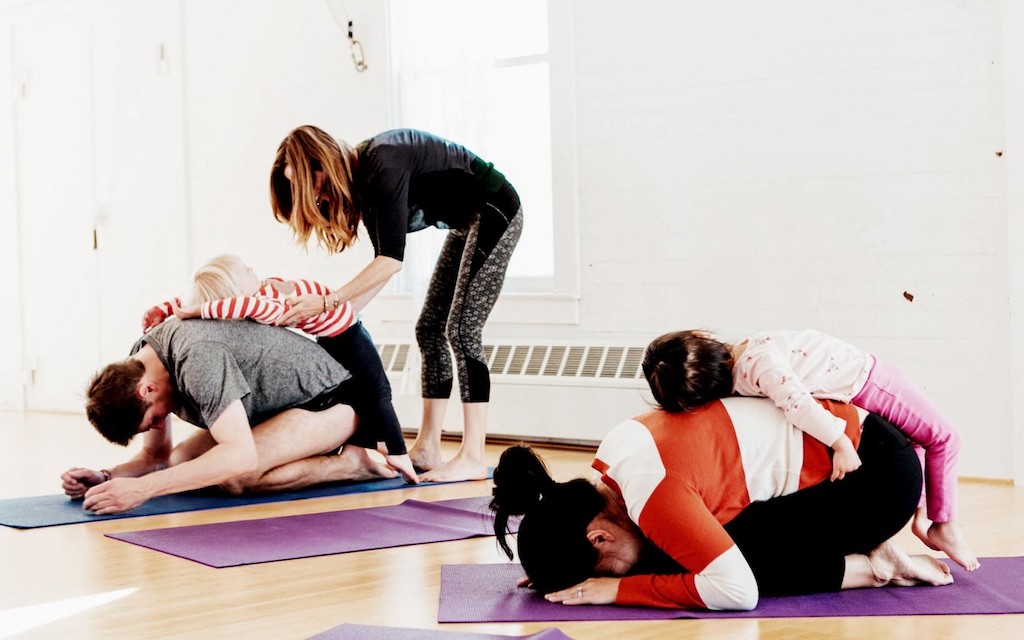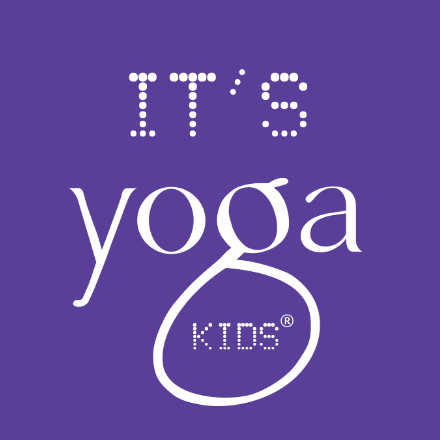
What is freedom? Like success, I wonder if beyond the dictionary definition, it’s up to the beholder of how to define it. With recent events like Juneteenth, Pride and the 4th of July holidays, I’ve searched for how to define freedom.
Juneteenth - June 19 commemorates the day in 1865 when Union soldiers enforced the Emancipation Proclamation and freed all remaining slaves in Texas. In 2021, it became the United States' newest federal holiday. Woohoo!
A Pride definition of freedom is: Free to be - ME! Pride Month celebrates lesbian, gay, bisexual, transgender, and queer people—and the history, culture, and contributions of these people and their communities. Woohoo!
Independence Day, the Fourth (4th) of July is a public holiday in the United States of America that commemorates the adoption of the Declaration of Independence on July 4, 1776, which declared the original colonies to be free from British rule. Woohoo!
My teenagers defined freedom as the ability to “do as you please and be responsible for yourself.” Woohoo!
What do I mean when I talk about feeling happy and free in yoga? It's related to a second dictionary definition of freedom: The condition of being free of restraints, especially the ability to act without control or interference by another or by circumstance. Would this include your own mind? I think so. How often does our mindset bind us?
This is why over 55 million people practice yoga and 37% of yoga enthusiasts have children who also enjoy practicing. Yoga creates freedom in the body (range of motion), mind (openness) and heart (compassion) by creating more space. Our life experiences are stored in the body. Yoga burns through the layers to release tension and trauma. Simply put, it frees you. If nothing else, it makes you feel lighter. Lightness creates more joy and happiness. Woohoo!
When I talk to parents about what they want for their kids they say, “I want my kids to be happy.” This is closely followed by "healthy" and "successful" as the top three wishes. Yoga is a path to lightness to help you feel happy and free. Yoga is for all ages, abilities, identities and colors. Yoga is for YOU!
Photo credit: Andrea McTamaney

Dads do yoga! This may be a surprise because mostly Moms do yoga. Women account for 72% of yoga practitioners and out number men 3 to 1. What brings Dads to yoga and keeps them coming back?
Moms. Most often, we see Dads because Mom is taking the morning off and she’s scheduled Dad to take the kids to Family Yoga. They arrive and wonder what they’ve gotten themselves into. Most of the time their expectations are low. Then, they’re surprised. Here’s what we’ve noticed when kids come to yoga with Dad.
Dads seem more relaxed about their kids (perceived) performance in yoga. Is it because there is no winner or loser in this activity? Is it because they don’t know what to expect so they just go with the flow? Either way, it works. Kids are free to be and Dad’s are too. The energy is often lighter and that makes it easier to take on challenges.
Dads appreciate yoga more than they expected. They recognize how inflexible they may be in their bodies and maybe in their minds too. For many, it’s their first time trying yoga. Coming with their kids shifts the intention to curiosity. IYK offers a balanced sequence of achievable and reachable postures so the experience is neither too easy nor too hard.
Dads like to play! The light-hearted nature of learning yoga poses from beginner to advanced equalizes the experience and offers an entry point for all levels. Everyone can find their body, mind and heart in yoga which makes it both educational and enjoyable.
Kids are delighted to share yoga with both mom and dad, and often extended family members join too. Teaching Family Yoga is so delightful! It’s a class that offers something for everyone. I’m often moved to laughter - and to tears - at the meaningful moments I’ve witnessed between family members. Happy Father’s Day, Dads!
Oh, and I just saw this: Why Online Yoga is a Must for Dads.

Lately, I’ve been having this conversation with myself. It starts with the question, “Does this (whatever is in front of me) make The Covid Cut?” While it started simply with items in closets and drawers it has evolved into much more including how I handle situations. As a yogi, I was already living life pretty cleanly, but as the pandemic dredged on, I found this concept moving more and more into various areas of my life.
It showed up with friends. Who was, and was not, showing up during this challenging time? How hard was I willing to work to maintain vintage relationships? What had I, or we, outgrown? What required repair? What required letting go? Like the first layer of items in the house, what no longer fit was becoming clear. Interestingly, the friends who were showing up shared the same experiences within their circles too. It was also widely documented in families - often related to differing political views during the election and with social justice. It was painful and led to a lot of grieving - after the arguing - resulting in more Covid losses.
Instead of resisting it, I began to embrace the idea of, “What makes The Covid Cut?” in everything! Food. Drink. Conversations. Complaints. Ways of being. What is no longer serving me? What do I want to leave behind by choice? This is an ongoing process that I am curious about and it’s improving the way I overcome challenges. It’s the deepest Spring Cleaning I can do - within myself.
Yoga will always make the cut for me. The practice on the mat reveals the physical, mental, and emotional cleaning of my own thoughts, feelings and actions off the mat. For that, I’m forever grateful. This practice makes life better. I’m not always feeling happy and free, but the more I practice, the closer I get. I’d love to hear what does or does not make The Covid Cut in your life.
BE READY TO CHANGE LIVES. Yoga and sports go together.
We’re excited to announce our partnership with Coaching Corps! We are mission aligned. It’s Yoga Kids’ mission is to overcome difficulties and Be a Positive Force. Coaching Corps’ mission is to ensure kids in under-resourced communities can benefit from the positive impact coaches can have on their life through sports.
Yoga helps youth athletes in 3 ways:
Injuries. More than 3.5 million children ages 14 and younger get hurt annually playing sports or participating in recreational activities. Recent reports from UCSF show injury rates are up as kids re-engage their bodies after being sedentary during Covid. Yoga helps physically with:
- Prevent injuries by understanding strength and flexibility ratios
- Reduce injuries by understanding proper range of motion
- Recover from injuries understanding how to manage edges in healing
Focus. Sports are a mental game not just a physical one. Getting into the mental zone of performance is what many players know is the key to success. Your attitude determines your altitude. How high can you go depends on your mindset. Yoga helps mentally with:
- Attention - it's your greatest asset because it improves performance!
- Awareness of the body / brain connection for protection
- Knowing your edges and how to manage them
Heart. Playing with heart is why we play! Winning and losing is part of the game. But it’s just a game, it’s not who you are. It’s a way to grow and learn together. What we learn in sports and yoga applies directly to our everyday lives and wellness in the world. Yoga helps emotionally with:
- Inclusiveness through kindness and teamwork
- Advocacy through voice and leadership
- Confidence and resilience to be your best
We’ll see you on the court or on the field. Let’s GO coaches! Learn how to incorporate yoga into your coaching skillset with our upcoming IYK Smart Sports for Peak Performers workshop.
